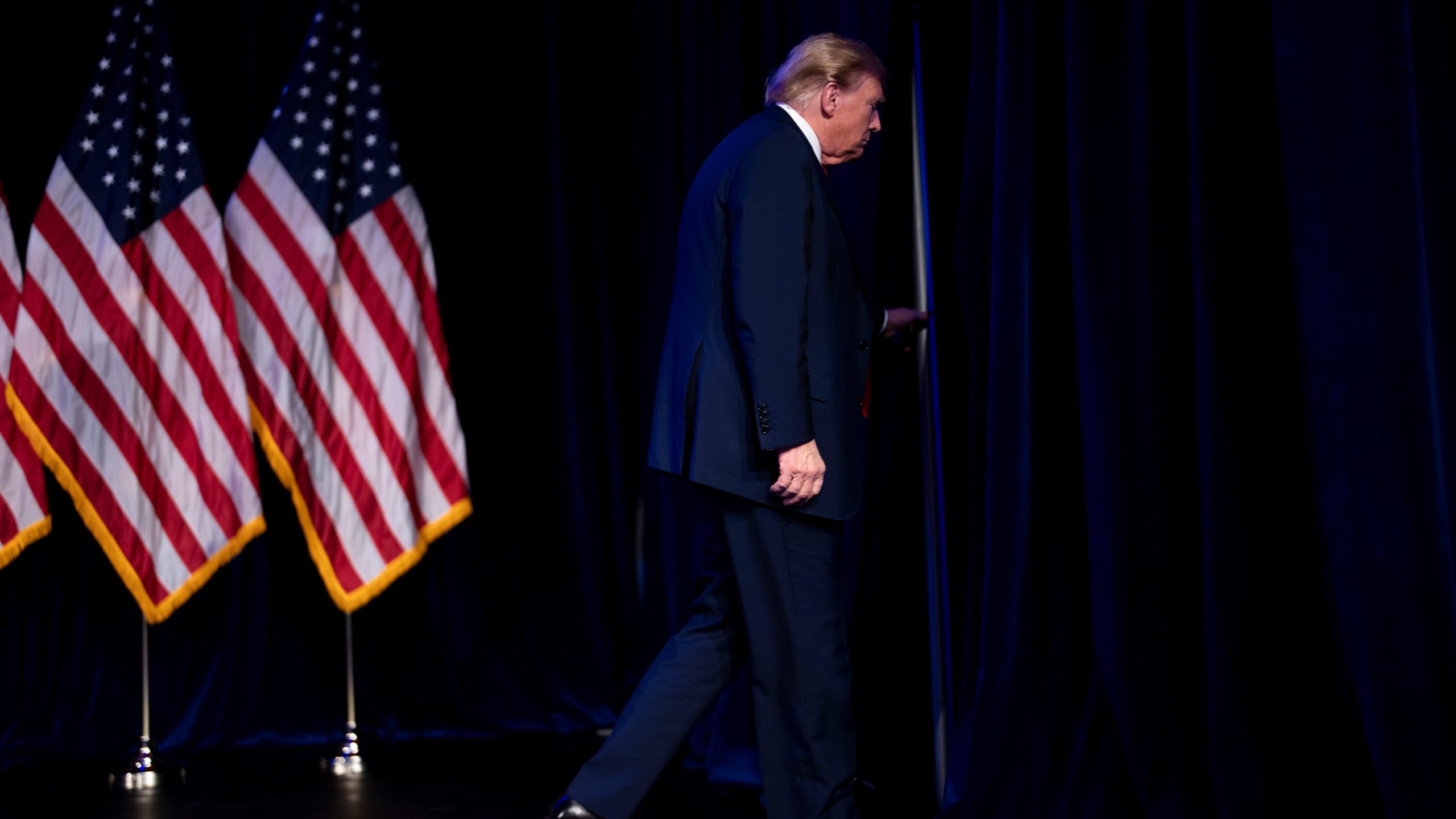In a federal court decision, Judge Aileen Cannon granted the special counsel’s request to withhold the identities of potential witnesses in the case against former President Donald Trump.
Cannon had ruled to disclose this information, but after arguments from Special Counsel Jack Smith, she reconsidered. Smith emphasized the risk of intimidation and harassment that the witnesses could face from Trump and his supporters.
Trump’s legal team had sought access to information about these witnesses in January to aid in his defense.

Smith raised concerns about the safety of these individuals if their identities were made public. In response, Cannon agreed to redact details that could lead to the identification of witnesses in court filings. Instead, pseudonyms will be used to reference them, offering a layer of protection.
Trump has faced multiple legal battles, including allegations of mishandling classified documents after leaving office. He has denied the charges and criticized prosecutors, suggesting they are politically motivated to undermine his campaign efforts.
In previous cases, judges imposed gag orders on Trump to limit his public statements, highlighting concerns about prejudicial remarks outside the courtroom.

The decision to shield witness identities reflects broader concerns about the potential for intimidation and harassment in high-profile cases.
By safeguarding their anonymity, the court aims to ensure a fair trial process without undue interference. The move underscores the complexities of prosecuting cases involving powerful political figures and the measures necessary to uphold the integrity of the legal system.





